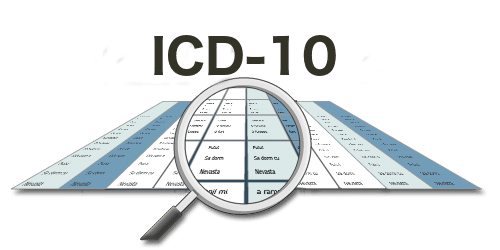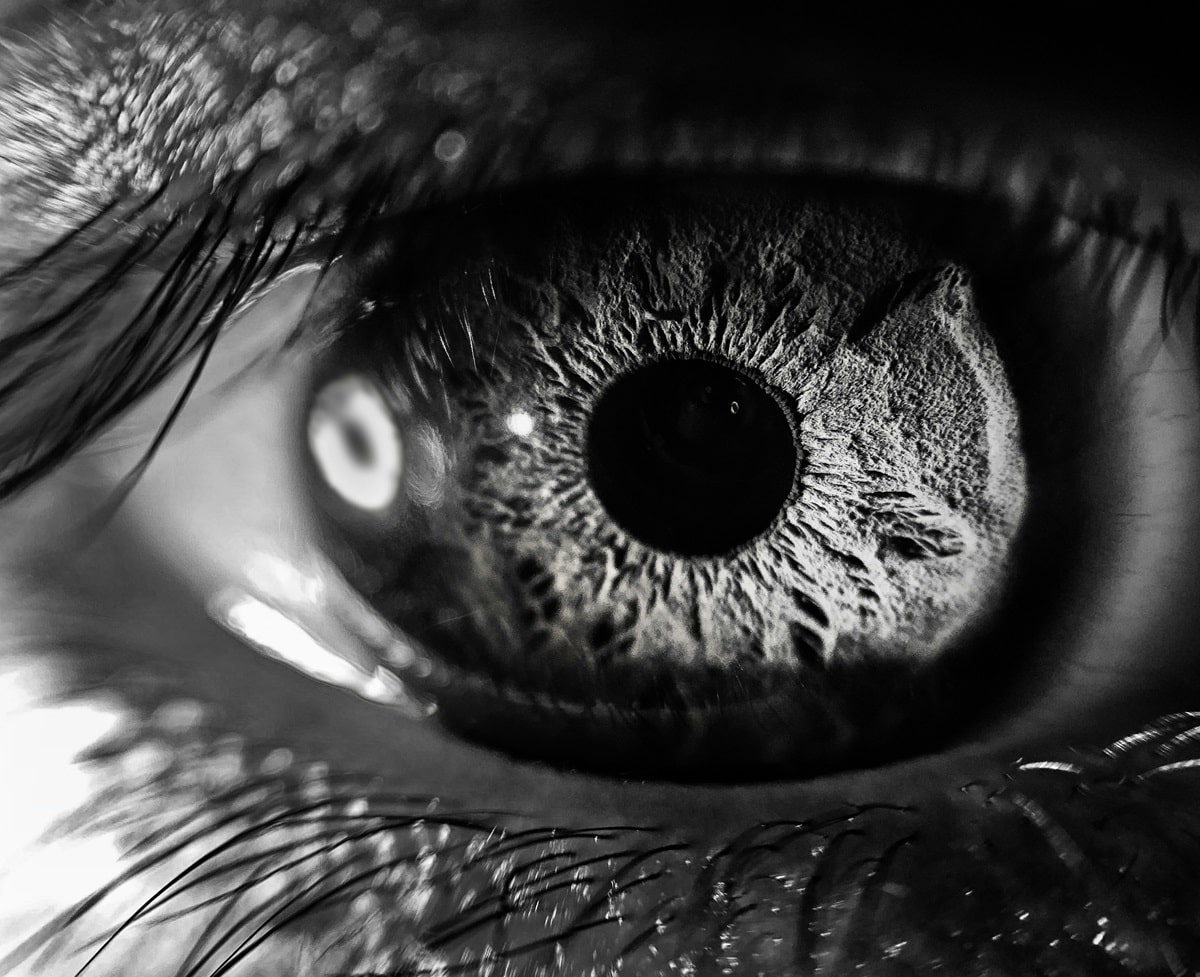

What Is Semaglutide?
Semaglutide is a medication originally designed for managing type 2 diabetes. It belongs to a class of drugs called glucagon-like peptide 1 (GLP-1) receptor agonists. Ozempic, Rybelsus and Wegovy are all semaglutides.
How Does It Work?
Semaglutide helps people lose weight and control blood sugar by releasing a hormone called GLP-1. GLP-1 prompts the body to create more insulin, which reduces blood sugar levels. Additionally, it slows gastric emptying, making you feel fuller faster.
Weight Loss and Blood Sugar Control
Semaglutide has gained attention as a powerful weight loss aid. Clinical trials have demonstrated impressive reductions in body weight.
By controlling blood sugar levels, semaglutide also benefits patients in the long run. Stable blood sugar helps prevent complications associated with diabetes.
Early Worsening of Diabetic Retinopathy (DR)
Here’s the catch: Semaglutide’s effectiveness presents a challenge. It can cause a sudden drop in blood glucose levels. When blood sugar improves rapidly, existing diabetic retinopathy may worsen as the blood vessels in the retina are strained. This paradoxical progression of DR is well-documented.
What Ophthalmologists Say
Clinical studies have consistently shown the link between blood sugar control and worsening of diabetic retinopathy. It is not uncommon for health professionals to observe the progression of diabetic eye disease in their patients, when glucose control is improved.
Patients should ensure that their ophthalmologists are aware of any new medications they are using.
Changes in sugar levels can also have short term effects on the shape of the eye’s lens. This change is what causes blurry vision, a side effect of semaglutide. This underscores the delicate balance between heart health (semaglutide’s cardiovascular benefits) and eye health.
A Balancing Act
While semaglutide helps control blood sugar, it can simultaneously exacerbate retinal complications such as Diabetic Retnopathy. Clinicians must weigh heart health benefits (such as cardiovascular risk reduction) against potential retinal complications.
If you’re taking semaglutide, prioritise regular eye check-ups. Detecting issues early is crucial. If you are worried about your eye health whilst taking semaglutide, you could consider a preventive treatment such as Noctura 400 sleep mask, a non-invasive, home use light treatment. Drug free and clinically proven, it can be used alongside whatever other medication / treatment you are receiving.
In summary, while semaglutide offers dual benefits—weight loss and blood sugar control—it’s essential to be aware of the potential impact on eye health. Consult your healthcare provider and discuss risks and benefits to find the right balance for your overall well-being!


